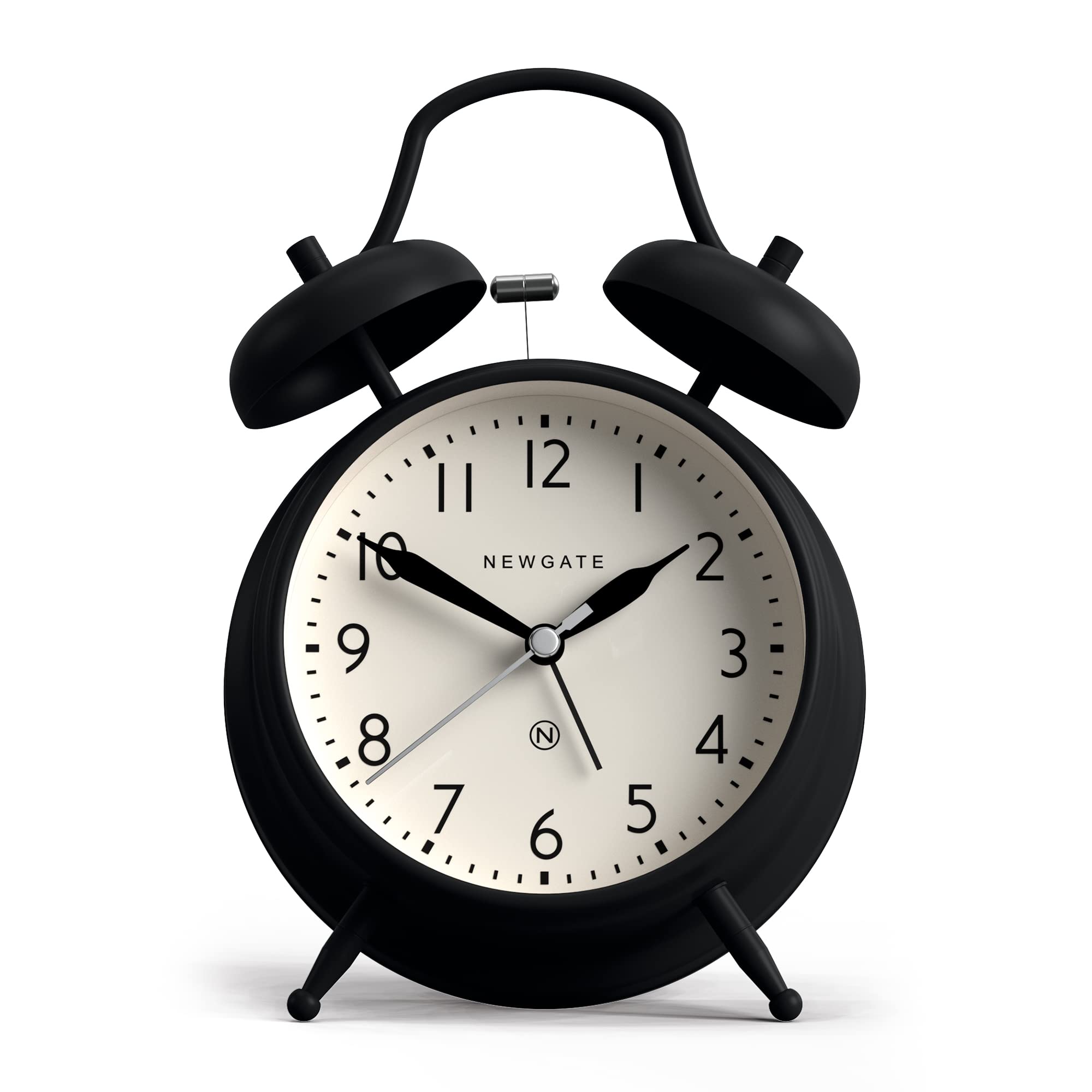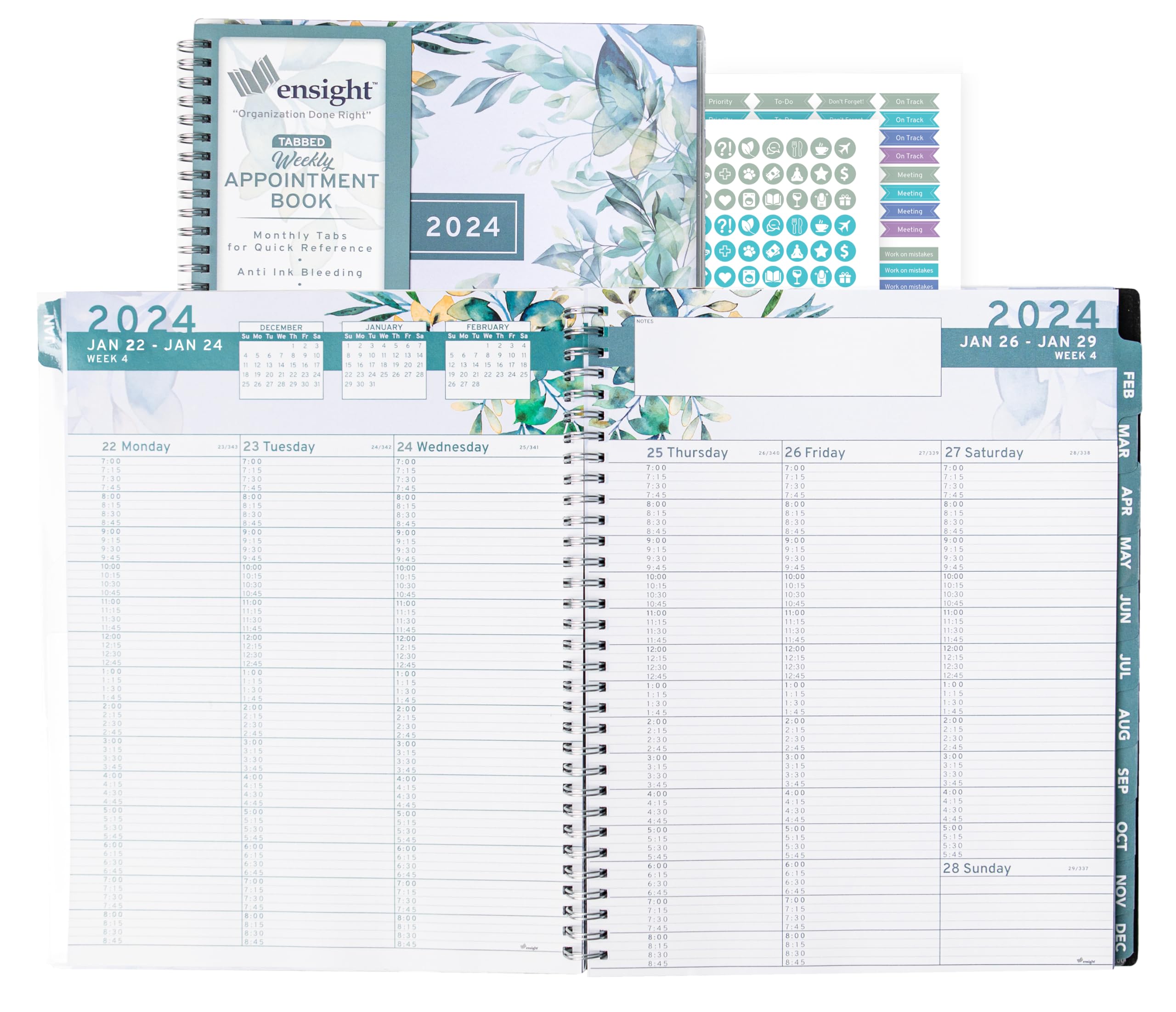In the world of professional communication, knowing when to use the phrase “at your earliest convenience” can sometimes be a delicate dance between politeness and potential awkwardness.
Identifying Issues with “Earliest Convenience”

Be mindful of the truth behind your words and the impact they may have on others. Your behavior in these scenarios can either build trust or create confusion.
Utilizing “My Earliest Convenience”
When using “My Earliest Convenience,” it is important to consider the tone and context in which it is being used. While it can come across as polite and considerate in some situations, it may also be perceived as awkward or insincere in others.
Consider the urgency of the matter at hand and the relationship with the person you are communicating with before using this phrase. It is important to be mindful of how your words and actions can be interpreted by others.
Avoid using this phrase as a way to procrastinate or avoid addressing important issues. Be truthful and respectful in your communication, and always consider the impact of your behavior on others.
Employing “Your Earliest Convenience”
![]()
When using the phrase “at your earliest convenience,” it is important to consider the context in which it is being used. This phrase can come across as polite when requesting something from someone, but it can also be perceived as awkward if overused or used inappropriately.
Be mindful of the urgency of your request and the recipient’s schedule before using this phrase. If the matter is time-sensitive, it may be more appropriate to be direct and specific in your request.
Avoid using “at your earliest convenience” as a way to procrastinate or avoid addressing an issue directly. It is important to be truthful and respectful in your communication to avoid any misunderstandings or misinterpretations.
Guidelines for Usage
– Always prioritize using “at your earliest convenience” for formal or professional communication.
– Use this phrase when requesting a timely response or action from someone.
– Avoid using it in casual conversations, as it may come off as overly formal or awkward.
– Remember to thank the person for their prompt attention after they have fulfilled your request.
– Keep in mind the context and the relationship you have with the person before using this phrase.
– Being mindful of the situation will help you avoid any misunderstandings or discomfort.
Alternative #1: When Time Permits
When time permits, it’s best to respond to requests promptly to avoid any misunderstandings. Using phrases like “at your earliest convenience” can help convey politeness and respect for the other person’s time.
Alternative #2: Prompt Attention Needed

When faced with Alternative #2: Prompt Attention Needed, it is important to address the situation **at your earliest convenience** to avoid any misunderstandings or delays. Ignoring the issue could lead to further complications down the line. Be polite but direct in your communication, expressing the urgency of the matter.
Alternative #3: Setting a Definite Schedule

Setting a definite schedule can alleviate the awkwardness of trying to find a time that works for both parties. Consistency is key in maintaining polite communication. By establishing a routine for when you will respond or meet, you can avoid any misunderstandings or delays. This approach shows respect for the other person’s time and demonstrates your commitment to the interaction. Additionally, having a set schedule can help you stay organized and avoid procrastination.
Stick to the agreed-upon times to ensure smooth and efficient communication.
Diverse Language Insights

When it comes to using the phrase “at your earliest convenience” in different languages, it’s important to be mindful of cultural nuances. In some cultures, this phrase may come across as polite and respectful, while in others it may be seen as awkward or overly formal.
In certain scenarios, it might be more appropriate to simply ask for a time that works best for the other person, rather than using a set phrase like “at your earliest convenience.” It’s important to consider the truth behind your intentions when using this phrase and whether it aligns with the cultural norms of the language you are speaking.
Ultimately, being aware of how different cultures interpret politeness and time management can help you navigate conversations more effectively.
Answers to Common Queries
– When someone asks you to do something at your earliest convenience, it’s generally a polite way of requesting a timely response or action. It’s important to prioritize these requests to show respect for the person asking.
– If you find yourself procrastinating on these tasks, try breaking them down into smaller steps to make them more manageable. This can help you avoid feeling overwhelmed and ensure you address the request promptly.
– Keep in mind that responding promptly to requests can help build trust and maintain positive relationships with others. It may feel awkward at first, but showing respect for someone else’s time is always appreciated.
How to Reference This Article
To reference this article, use the following format: Author’s Last Name, First Initial. (Year, Month Day). Title of the article. Title of the Website. Retrieved from [insert URL].
For example: Smith, J. (2022, January 15). Polite or Awkward Using At Your Earliest Convenience. Daily Etiquette. Retrieved from [insert URL].
When citing in academic papers, follow the appropriate citation style guide (e.g. APA, MLA). This will ensure proper credit is given to the original source. Remember to **cite** any direct quotes or paraphrased information to avoid plagiarism.
Practical Usage in Sentences
In practical usage, “at your earliest convenience” can be a polite way to request someone’s prompt attention to a matter. For example, you might use it in an email to ask a colleague to review a document when they have a chance. However, be mindful of the tone and context in which you use this phrase. Overusing it can come across as passive-aggressive or insincere.
Tips for Native Speaker Fluency
To improve your native speaker fluency, practice using the phrase “at your earliest convenience” in various scenarios. Pay attention to the tone and context in which it is used to understand the nuances of politeness. Listen to native speakers using this phrase in conversations or meetings to pick up on the appropriate intonation and emphasis.
Practice using the phrase in different situations, such as requesting a meeting or asking for a response. Experiment with different ways to phrase the request while maintaining politeness. Remember to be mindful of cultural differences in communication styles when using this phrase.
By practicing and observing how native speakers use “at your earliest convenience,” you can enhance your fluency and confidence in polite communication.
The Etiquette of Urgency
When it comes to urgent requests, it’s important to communicate **clearly** and **respectfully**. Avoid procrastinating and respond promptly, even if it’s just to acknowledge the request. If you can’t fulfill the request immediately, provide a timeframe for when you will be able to do so.
In a scenario where you need more time, be proactive and communicate your limitations. It’s also important to prioritize urgent requests over less pressing matters.
Timing and Politeness

Consider the situation and the relationship with the person making the request before deciding on the appropriate timing of your response. ***Procrastination*** can lead to missed opportunities or strained relationships, so it’s best to address the matter promptly.
Language Nuances and Professionalism
When using the phrase “at your earliest convenience,” it is important to consider the context and tone in which it is used. This phrase can come across as polite and professional, but it can also be seen as awkward or formal, depending on the situation.
Be mindful of the relationship you have with the person you are communicating with, as well as the urgency of the request. If the request is time-sensitive, it may be better to be more direct and specific in your language.
Consider the cultural nuances of the language you are using, as different expressions can have varying interpretations in different cultures. Always strive to communicate clearly and respectfully in all professional interactions.

